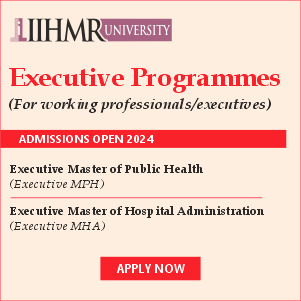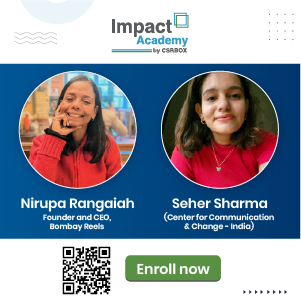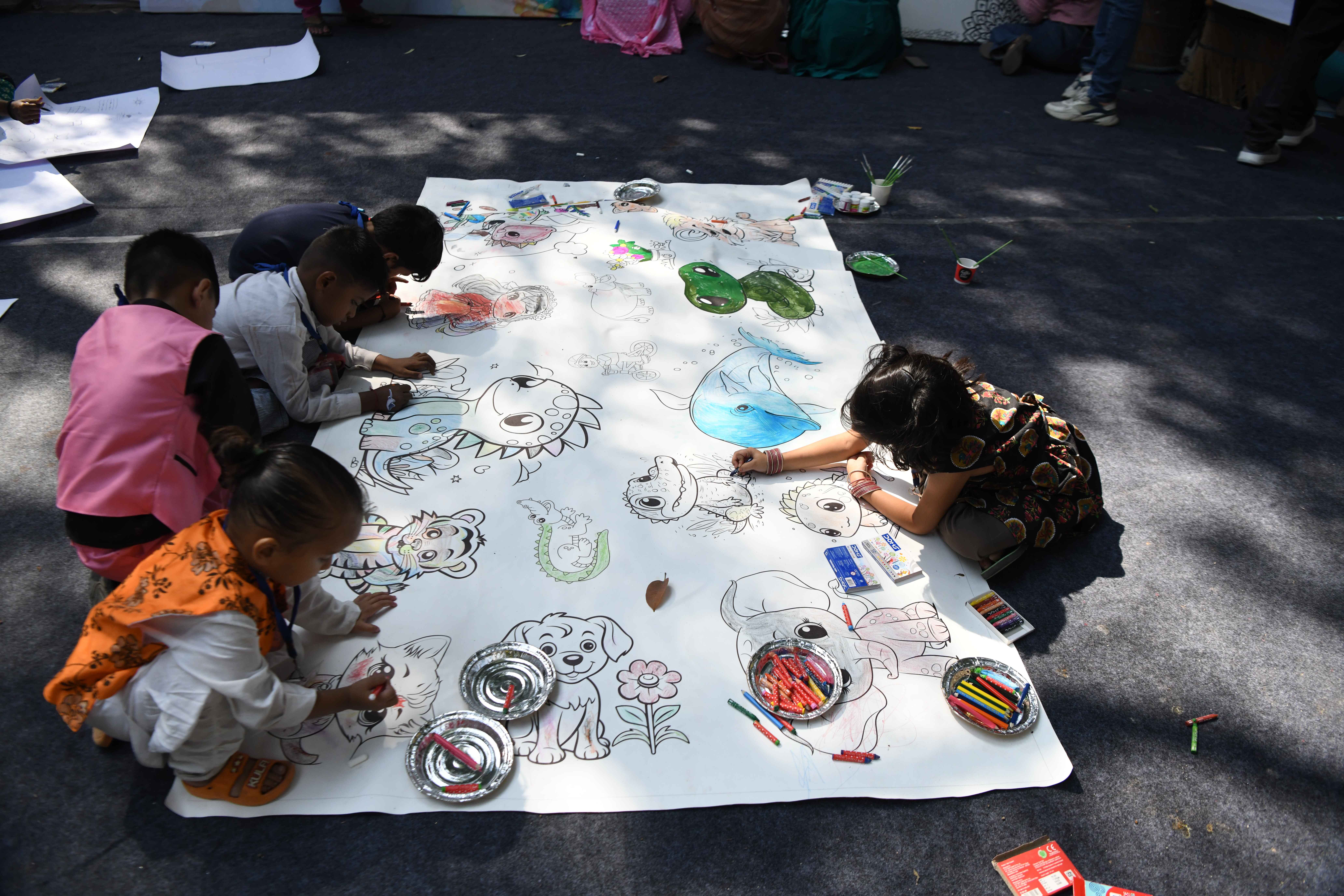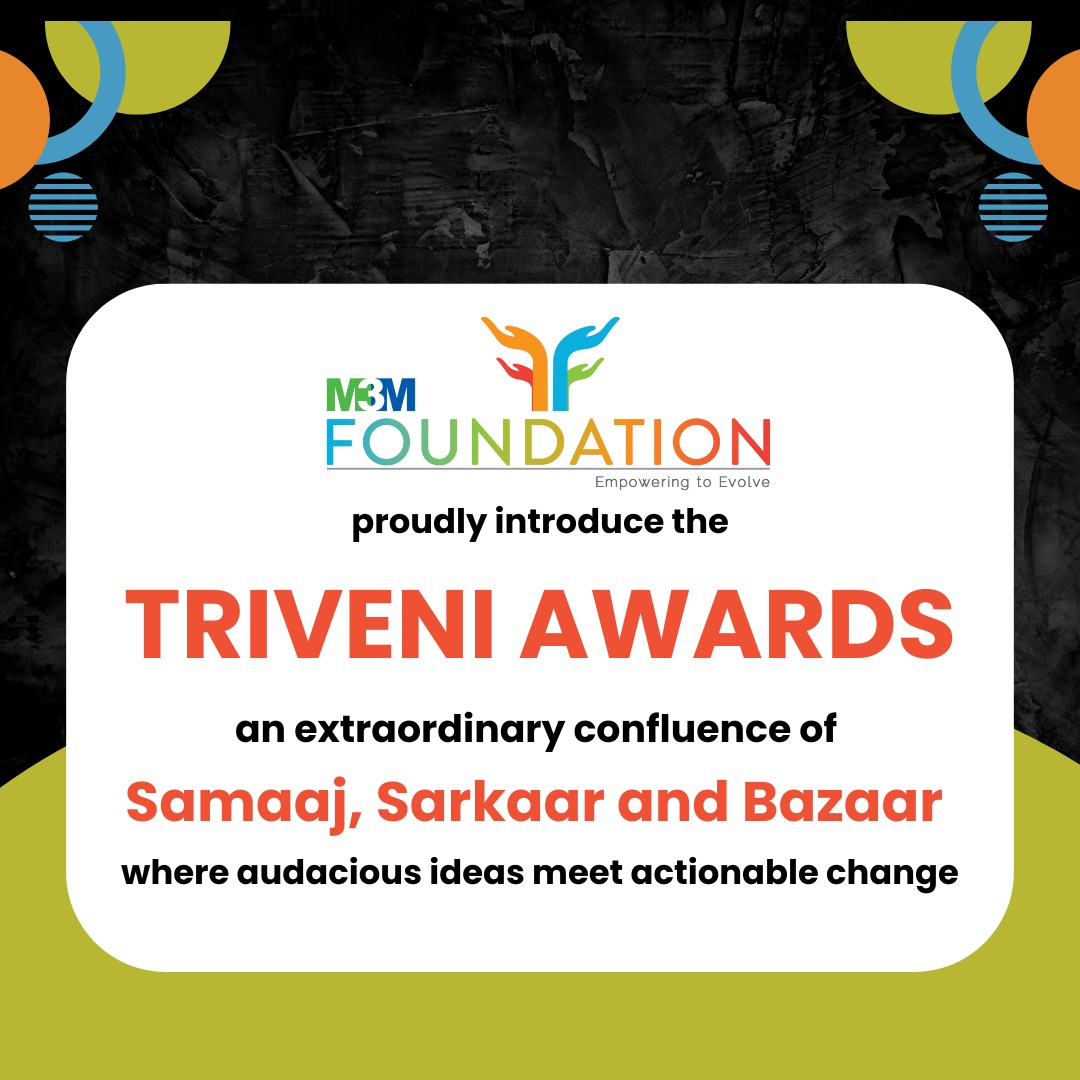Subscribe our Weekly Newsletter
RFP for the selection of Grant Beneficiary for the implementation of A2D Facility Pilot Demonstration Projects in Developing Countries

Organization: United Nations Industrial Development Organization (UNIDO)
Apply By: 19 Aug 2024
About the Organization
The United Nations Industrial Development Organization (UNIDO) is the specialized agency of the United Nations that promotes industrial development for poverty reduction, inclusive globalization and environmental sustainability. UNIDO’s mission, as stated in the 2013 Lima Declaration and the 2019 Abu Dhabi Declaration, is to promote and accelerate inclusive and sustainable industrial development (ISID) in Member States. The relevance of ISID as an integrated approach to all three pillars of sustainable development is recognized by the 2030 Agenda for Sustainable Development and the related Sustainable Development Goals (SDGs), which will frame United Nations and country efforts towards sustainable development. UNIDO’s mandate is fully recognized in SDG-9, which calls to “build resilient infrastructure, promote inclusive and sustainable industrialization and foster innovation”. The relevance of ISID, however, applies in greater or lesser extent to all SDGs. UNIDO’s ISID results at the impact level range across four dimensions of sustainable development that thematically define ISID: creating shared prosperity; advancing economic competitiveness; safeguarding the environment; and strengthening knowledge and institutions.
About the Proposal
The United Nations Development Organization (UNIDO) hereby invites you to submit a written grant proposal for implementation of Accelerate-to-Demonstrate (A2D) Facility later-stage pilot demonstration projects of commercialization of innovative clean energy technologies with an initial focus on critical minerals, clean hydrogen, smart energy and industrial decarbonisation, in developing countries.
A2D Facility Aims:
The A2D Facility began on 1 April 2023 and launched on 15 May 2023 with the aim to accelerate the commercialization of innovative clean energy technologies with an initial focus on four thematic areas: critical minerals, clean hydrogen, smart energy and industrial decarbonisation2 , in developing countries (countries that are eligible to receive Official Development Assistance (ODA) – please see the list here: DAC-List-of-ODA-Recipients-for-reporting-2024-25-flows.pdf (oecd.org)). The programme focuses on supporting the development of “lighthouse” pilot demonstration projects, which are projects with catalytic potential in leading to transformational impacts, particularly in meeting Sustainable Development Goals (SDGs) 13 (climate action), 1 (no poverty) and 9 (industry, innovation and infrastructure), and are in supportive enabling environments that foster scalability. The A2D Facility is a global programme (developing country-focused) and funding for “lighthouse” pilot demonstration projects is expected to be in the USD 3-5 million range per project proposal.
A2D Facility Activities: The programme supports only the following types of activities, and these activities are expected to be built into project proposals and be appropriately budgeted for: -
- Pilot demonstration activities: Supporting activities to implement and operate pilot demonstration activities, such as equipment purchases, construction, testing and operation. The pilot demonstrations must take place in a developing country. ▪ Training and capacity building activities directly linked with implementing and operating the supported pilot demonstration project. ▪ Knowledge and dissemination activities to monitor the performance of the pilot demonstration project, to collect results against the A2D Facility’s indicators, to host study tours and capacity building activities at the pilot demonstration project, and to share lessons learned in national and international fora. The programme cannot support the following types of activities. No component or individual activities of a project proposal should include any of the following activities. Out-of-scope components or individual activities are identified will not be considered and applicants will be required to remove them from the project proposal.
- Planning activities: pre-feasibility studies, feasibility studies (environmental, financial, social, regulatory, legal, front-end engineering design or equivalent) or other activities related to the planning phase of a pilot demonstration project.
- Policy, regulatory and legislative support: supporting the design and implementation of policy roadmaps (including innovation policy roadmaps), standards or certifications for technologies or processes, regulations and laws, and capacity building activities that are primarily targeted at policy-makers, government officials or equivalent.
- Research and development: research, analysis and other related knowledge products. However, performance data collection and activities related to monitoring and reporting against the A2D Facility indicators are in-scope, as per the above list of in-scope activities.
- Thematic focus: activities that are not focused on at least one of the A2D Facility’s thematic areas-of-focus: critical minerals (midstream or downstream), clean hydrogen (green or blue hydrogen), smart energy (digitalization) or industrial decarbonization (hard-to-abate sectors).
- Technology and sector application: technologies linked to unabated fossil fuels (coal, oil and gas). For example, an innovative technology to improve the efficiency of a Liquified Natural Gas (LNG) production process through the integration of smart energy technologies would be out-of-scope, but testing an innovative Carbon Capture, Usage and Storage (CCUS) technology on a cement plant would be in-scope. The innovative solution should target the industrial, transport, power or buildings sectors.
- Negative environment or social impacts: activities that are likely to infringe on the protection of critical habitats or physical cultural resources that use banned pesticides and/or chemicals, or cause involuntary resettlement, or other equivalent negative impacts that do not safeguard the environment and society.
All proposals must adhere to the following requirements if they are to be considered for full evaluation by the Proposals Evaluation Committee (PEC) following the qualifications review:
- Proposed project activities must be within the list of in-scope activities outlined above and must ensure that no components or individual activities within the project include activities that are in the above list of out-of-scope activities.
- Projects must be implemented in a developing country (as defined by a country that is eligible to receive Official Development Assistance (ODA) – please see the list here: DAC-List-ofODA-Recipients-for-reporting-2024-25-flows.pdf (oecd.org)) to be eligible for support.
- Overseas innovative solutions and local innovative solutions are both eligible for support, but the innovative solution must be at the later-stage pilot demonstration phase of the innovation cycle in the developing country where the pilot demonstration project is being implemented.
- Consortium proposals are encouraged, but all proposals must formally partner with at least one local organization in the developing country where the pilot demonstration project is being implemented as part of the proposal team.
Eligibility
Applicants shall submit all the following documents to be qualified for grant application:
- The applicant must be registered as a legal entity authorized to enter into contracts/agreements with UNIDO. As a proof, the applicant must provide a certified copy of their Certificate of Incorporation or other documents setting forth the legal basis of the entity/company.
- The Applicant shall demonstrate at least three (3) years of experience in the field of services specified in the CfP. The applicant shall also indicate if the company has already provided services to the United Nations system of organizations.
- In case a consortium is formed it must follow the requirements indicated in Section IV, Award and related procedures.
- The applicant must submitted filled in Institutional/Micro assessment Form (Annex IV)
- The applicant must submit audited financial reports and statements for the last three years, the filled in and signed UNIDO Financial Statement and Certification Form (Annex V of this CfP) (Profit Margin Ratio: profit/turnover should be positive) aan independent rating report should be provided .
- The applicant must submit filled in and signed UNIDO Bank Information Form (Annex VI of this CfP)
- The applicant must abide by the UNIDO Policy on Exclusion from Funding and UNIDO Policy on the Protection of Personal Data, by completing and signing the UNIDO Statement of Confirmation form (Annex VII of this CfP).
- The applicant must accept the UNIDO model grant agreement and general conditions of agreement (Annex VIII and Annex IX of this CfP). In case of potential alteration, a request must be indicated and included in the grant proposal, otherwise it will not be considered at the later stage. Any comments/alterations with regard to the model agreement, the General Conditions and related other annexes must be clearly indicated in the proposal. Feasibility/acceptability of such comments/alterations will be considered during the evaluation.
How to Apply
To ensure consideration, your complete, detailed grant proposal, including all relevant supporting documents must be submitted via the UNIDO e-Procurement portal by 19 August 2024, 16:00 Vienna CET at the latest. Grant proposals received after the submission deadline will be invalidated.
For more information please check the Link
Latest Online Store
Latest Grants
Latest News
© Renalysis Consultants Pvt Ltd

 XLRI.jpg)
























.jpg)
